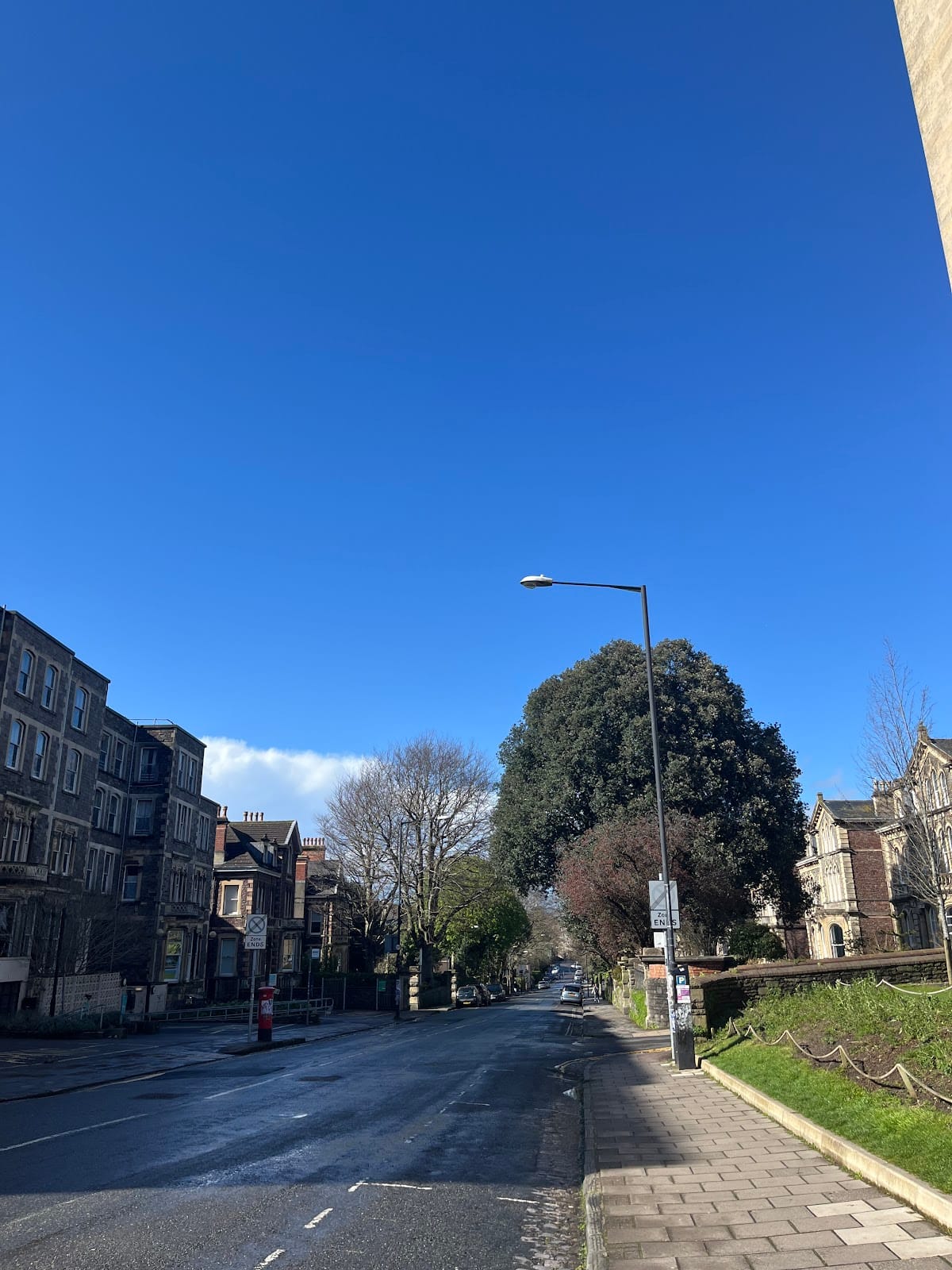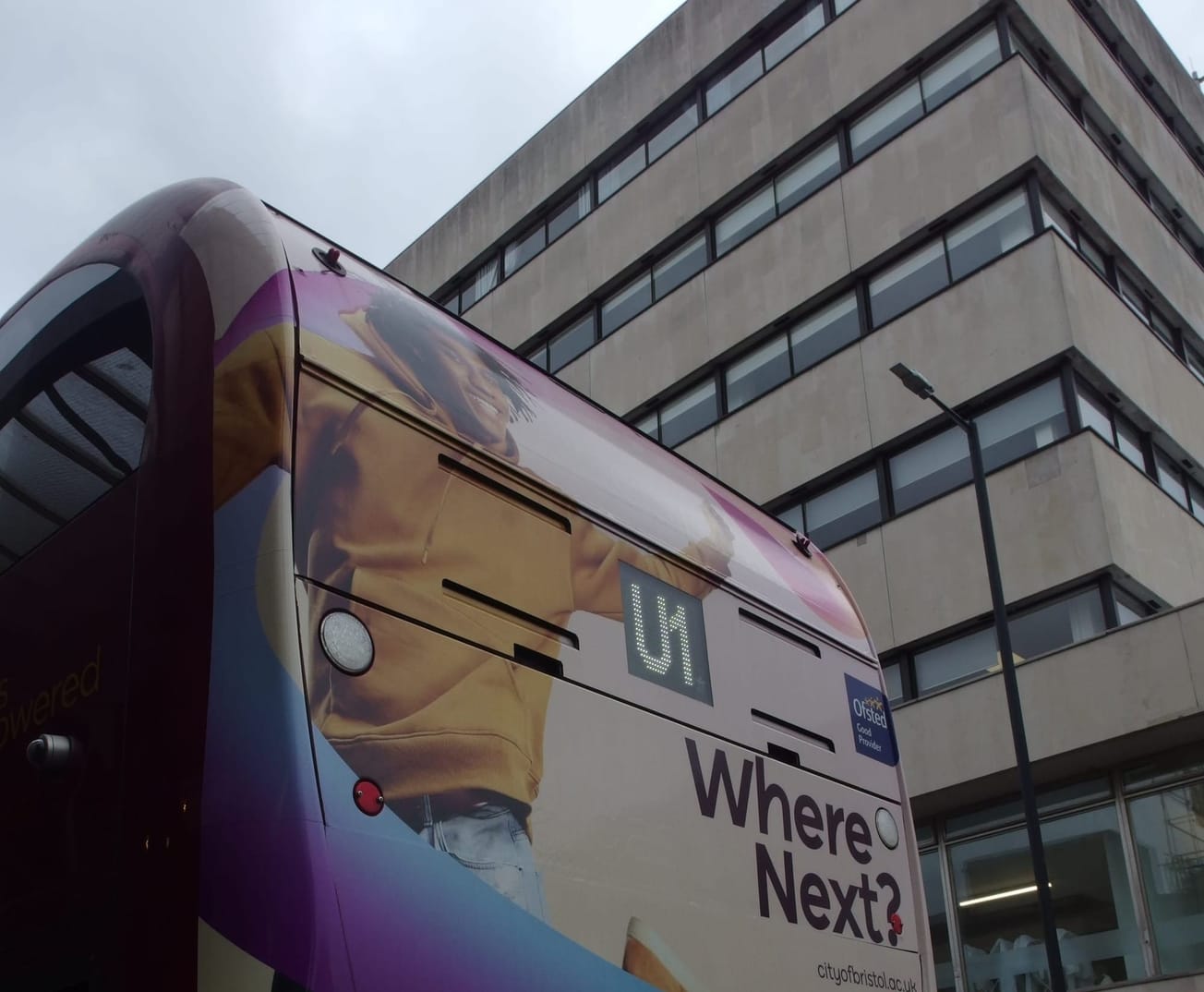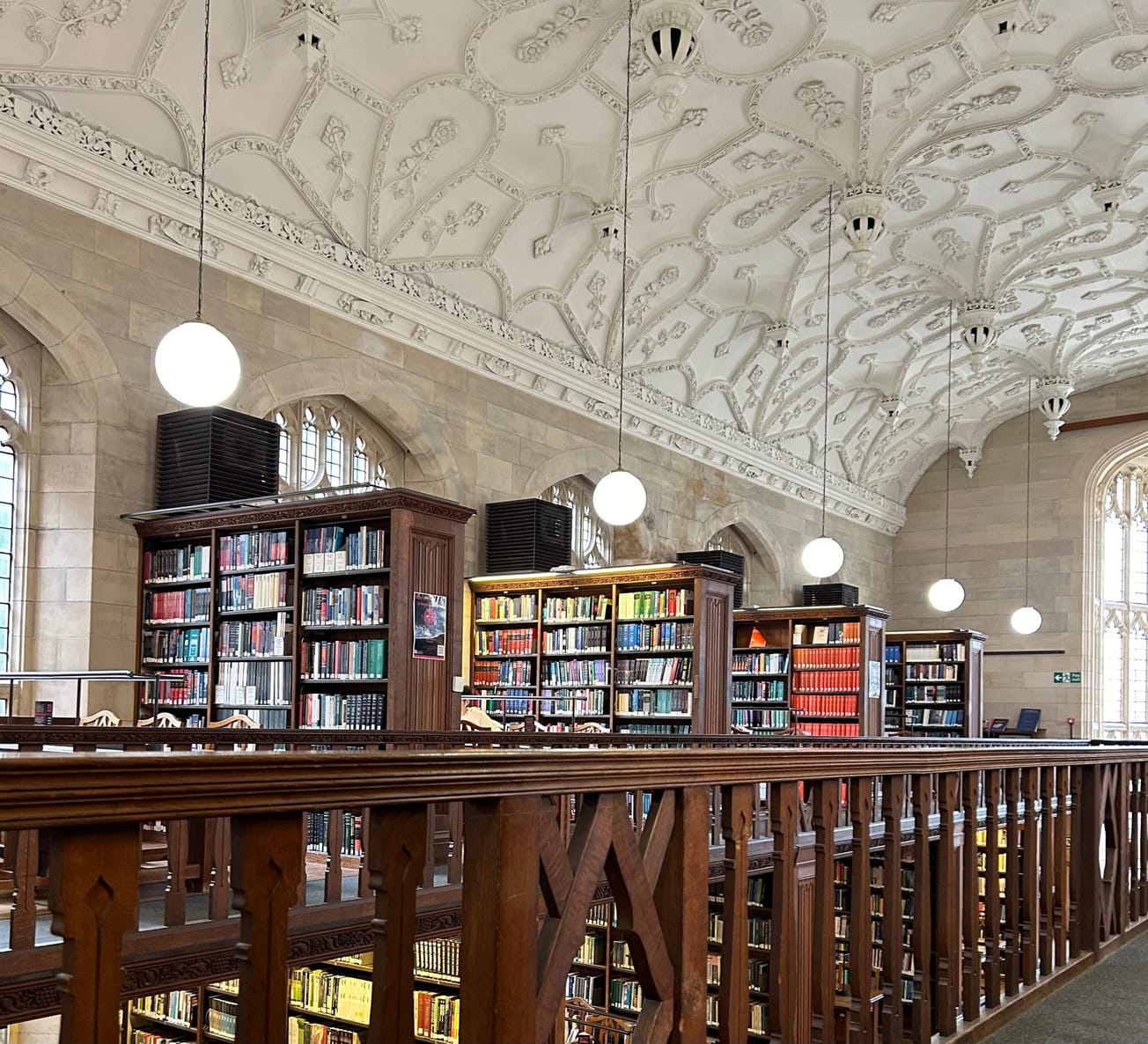By Satoko Arai, Third Year, Sociology
As Summer ends and the trees turn brown, I feel people transitioning into their new lives as the new academic year begins. This period of transition is Spring where I am from; when the cherry blossoms bloomed, it was time for goodbyes and new beginnings in Japan. Although the season has changed from Spring to Autumn, and the leaves from pink to orange, that same mixed feeling of nostalgia and excitement seems to remain, making me reflect on the experiences that I have had. As I go into my final year in this period of transition, I can’t help but look back on my experience as an international student at the University of Bristol.
The past few years have been a rocky-road; moving, adjusting, and growing. Although I was chronically homesick during my foundation year, I gradually built a community of friends who made me feel more at home in a country which was once foreign to me. My overall university experience has been very welcoming and positive, which I cannot be more grateful for. However, I would like to share the small instances where I have felt a wall, which may be subtle, maybe even unnoticeable to some, but has made me slightly stop and think.
Starting last year, check-in apps were introduced at UoB to monitor students’ attendance for “wellbeing purposes”, and as a form of compliance to UK Visas and Immigration (UKVI), which universities must adhere to keep their sponsorship licence for international students. As such monitoring was accompanied by multiple email reminders on our visa duties, it sometimes made me feel as if I was an outsider who required surveillance rather than a student welcome to study within the UoB community. This feeling of being an outsider was also amplified by programs in which I was unable to participate in as an international, such as the ‘Widening Participation Research Summer Internships’, whose eligibility was restricted to home students. Although I understand that it is important for home students to take priority in certain cases and this was one of the instances where they did, I felt a bit excluded.
This feeling vaguely reminded me of ‘everyday bordering’, a term I learned through one of my sociology units. By distinguishing between ‘us’ and ‘them’, bordering is linked to an aim of “constructing belonging to particular collectivity/ies”, a line I felt implicated especially by the check-in apps. Everyday bordering imposes the role of such bordering onto various social institutions and people, including the higher education sector, where everyday bordering has been identified as a manifestation of the UK government’s hostile environment policies. Furthermore, ‘everyday bordering’ in the UK has been described as a “neoliberal migration management”, where people’s entry is based on their economic worthiness. Although subtle, the walls I felt within university made me wonder sometimes if my standing within the university depended on our financial contribution more than as a student, especially since we pay more than double home student fees, funding 21.5% of UK universities’ total income, and contributing £41.9 billion to the wider British economy in 2021/22. Are we included as students financially, but still outsiders to the university in other aspects?
Such monetary benefits we bring as internationals have created other walls, such as the narrative that we lower universities’ academic standards due to accusations of being given unfair admission advantages. Some British students have expressed such frustrations to me, and some have gone so far to label us as ‘dumb foreign cash cows.’ Although I agree that it is unfair for us to be admitted on loosened entry requirements, this narrative leaves us stranded in a contradicting position as which some have described as a ‘necessary evil’ – a necessary contributor for the British economy and universities under the marketisation of the university, yet an ‘evil’ not quite wanted in that they deprive opportunities from British students.
Overall, I believe that such subtle but certain walls that seem to imply our economic value more than as students contributes to restricting people’s perception of us to the the superficial layer of money and wealth, reinforcing the generalisation and stereotype that all internationals are extremely wealthy and that we are admitted merely because of money. However, I want to emphasise that this is not to deny that many of us are in fact very privileged, but it is more to shine light on the fact that wealth is not the only character we have.
Every international student comes to study in the UK with different intentions, goals, and passions. With a particular interest in immigration, racism, and other social divisions, I personally came to study in the UK to study sociology, as I saw historical paralells between the country I was from and the UK. These concealed walls undermine the determination of each international student to travel halfway across the world, the sacrifices that their families made and continue to make to support them, and the individual respective passions that we carry to study here. I am not asking you to pity us or praise us for it. Ultimately, we made the decision to come here and it is a massive privilege that we are able to do so. Instead, I am just asking you to see us beyond the generalised group of wealthy students who come here simply because of money, and instead see us individually through our respective goals and determinations we carry in coming here.








